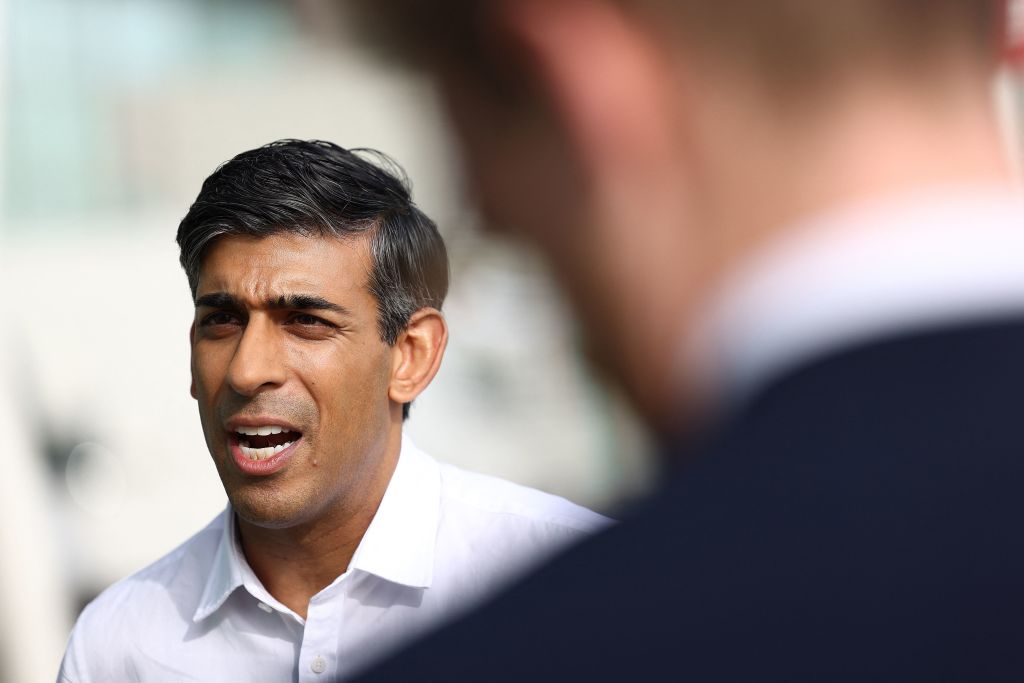So, the AI summit – what was that all about? The great Bletchley Park jamboree concluded last night with an hour-long chat between Rishi Sunak and Elon Musk. As tech bros and world leaders depart today, Sunak’s team can reflect on a job well done. Prior to the summit, there was much sneering about whether anyone would even turn up. Sinosceptics protested the invitation to China. Others mocked the UK’s ambitions. And there were predictable barbs about the Musk fireside chat.
But Bletchley was worth the gamble, with a list of attendees that reads like a who’s who of the AI world. The headline achievement was getting some 28 nations – including both China and the US – to agree to the ‘Bletchley declaration’ to address the risks represented by AI development. Given the tense relationship between Washington and Beijing, this is no mean feat. While there are questions to be asked about the extent to which China will abide by these commitments, dialogue will increase awareness of AI’s potential threat to humanity. One minister compares the risks of AI to East/West arms talks during the Cold War. Jaw-jaw, not war-war, is preferable when the stakes are so high. Sunak’s attitude was summarised in his closing remarks, when he allowed himself a veiled swipe at some of his critics:
Some said we shouldn’t even invite China; others said that we could never get an agreement with them. Both were wrong. A serious strategy for AI safety has to begin with engaging all the world’s leading AI powers, and all of them have signed the Bletchley Park communique.
It has been suggested that President Biden’s executive order to regulate AI, signed on Monday, would completely overshadow events at Bletchley. Vice President Harris was pointed in her remarks about how the US sees its role in AI development: ‘It is American companies that lead the world in AI innovation. It is America that can catalyse global action and build global consensus in a way that no other country can.’
But while her comments can be read as a riposte to Britain’s aspirations, they are also a testament to the galvanising effect that Bletchley had on the international community, now belatedly getting its act together. Both Sunak’s AI taskforce and the British AI Safety Institute are now being copied by both the US and EU: if the goal is to create a world in which AI is regulated safely then the UK can certainly be said to be doing its part. It’s worth noting too that the summit did not happen in a vacuum either. The Middle East is still top of the Foreign Office agenda, with Sunak’s hosting duties being conducted alongside bilaterals on Israel and Palestine.
Sensible stuff then – but will it be rewarded? Most within government are realistic about this week’s conference: talking about AI is unlikely to move the polls much. But given AI’s rapid development, Bletchley could look prescient in a year’s time, when the public is likely to have a greater appreciation of its power and potential. According to Elon Musk, ‘it will go down in history as being very important.’ Will the voters agree?







Comments